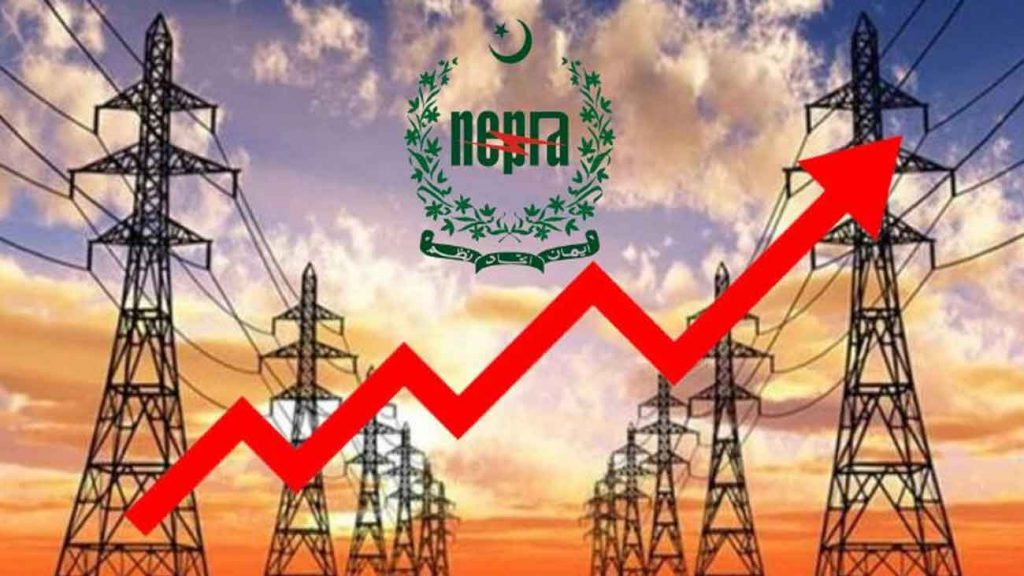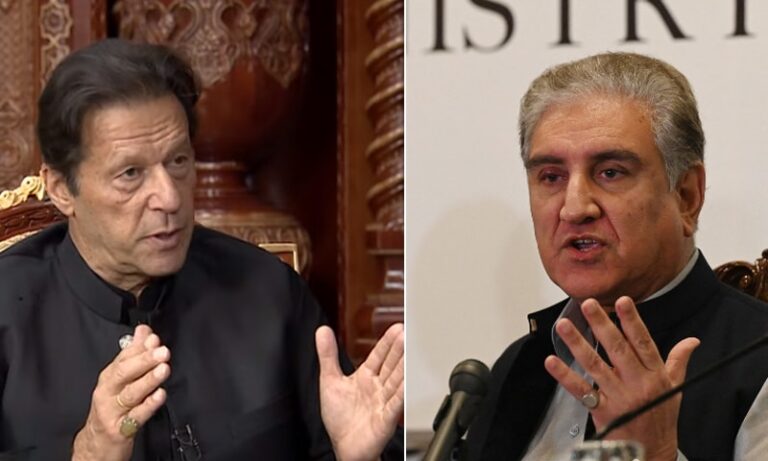EDITORIAL
Chapter 1 of the Constitution deals with the fundamental rights of the citizens. Fundamental rights are a group of rights recognizable by a high degree of protection from encroachment. These rights are expressly identified in a constitution or take competency under due process of law. These include natural and socio-political rights. Then, religious-ideological and economic rights are equally essential.
Fundamental rights are generally an integral part of democratic constitutions. The rights incorporate critical application and enforceability. Article 8 of the Constitution of Pakistan sets the stage for fundamental rights in the Constitution. It is the preface of fundamental rights. Let’s discuss the Article in detail! https://republicpolicy.com/do-you-know-your-fundamental-rights/
Article 8; Laws inconsistent with or in derogation of fundamental rights to be void.
(1) Any law, or any custom or usage having the force of law, in so far as it is inconsistent with the rights conferred by this Chapter, shall, to the extent of such inconsistency, be void.
(2) The State shall not make any law which takes away or abridges the rights so conferred and any law made in contravention of this clause shall, to the extent of such contravention, be void.
(3) The provisions of this Article shall not apply to :-(a) any law relating to members of the Armed Forces, or of the police or of such other forces as are charged with the maintenance of public order, for the purpose of ensuring the proper discharge of their duties or the maintenance of discipline among them; or
[(b) any of the:-(i) laws specified in the First Schedule as in force immediately before the commencing day or as amended by any of the laws specified in that Schedule;
(ii) other laws specified in Part I of the First Schedule;
and no such law nor any provision thereof shall be void on the ground that such law or provision is inconsistent with, or repugnant to, any provision of this Chapter.
(4) Notwithstanding anything contained in paragraph (b) of clause (3), within a period of two years from the commencing day, the appropriate Legislature shall bring the laws specified in [Part II of the First Schedule] into conformity with the rights conferred by this Chapter:
Provided that the appropriate Legislature may by resolution extend the said period of two years by a period not exceeding six months.
Explanation:- If in respect of any law [Majlis-e-Shoora (Parliament)] is the appropriate Legislature, such resolution shall be a resolution of the National Assembly.
(5) The rights conferred by this Chapter shall not be suspended except as expressly provided by the Constitution. https://republicpolicy.com/explaining-article-4-of-the-constitution-is-there-protection-of-law-in-pakistan/
Article 8 of the Constitution furnishes that any law or custom or usage having the force of law, in so far as it is inconsistent with the rights bestowed by this Chapter, shall, to the extent of such inconsistency, be void. It also imposes certain constraints upon the State from making any law or taking any administrative or executive measure which may take away or shortens any or all of the rights conferred by this Chapter and proceeds to decree that any law which is made in contravention thereof shall be void. It, however, protects the laws relating to the members of the Armed forces. The right to move the Supreme Court for the enforcement of any combined effect of Articles 8 & 184(3) is to confer on the Supreme Court the power of judicial review to State action (be it in the sphere of law-making or law executing), and of declaring it to be no effect wherever it appears to contradict any of the provisions of Chapter, or is inconsistent therewith. Article 8 restrains the Legislature not to enact laws inconsistent with or in derogation of Fundamental Rights. Then, any such legislation is void to the extent of such infringement. Article 199 empowers the high court to enforce the fundamental rights of the citizens. The courts can declare legislation, delegated legislation, and rules invalid and enforce the implementation of the rights protected in the Chapter of fundamental rights.
Moreover, the expression ‘void’ in clause (1) of Article 8 of the Constitution did not intend to repeal the law that the competent forum had validly promulgated but merely to render it inoperative in future. The law would still be operative in respect of rights, obligations and liabilities already accrued and the validity of acts done and completed under it whilst it was an adequate law in force. The expression ‘void’ does not deliver the result of obliterating the inconsistent provision of the existing law from the statute book. Still, all that happens is that in enforcing a fundamental right, the Courts will not give effect to any provision of the existing law as it is inconsistent with the fundamental rights guaranteed by the Constitution. However, abridgement or curtailment of the fundamental rights through amendment of the Constitution cannot be declared invalid if it is short of abrogating or taking away the fundamental rights. The law is void to the extent of such infringement and not void ab initio like legislation that suffers from an inherent lack of power. The law is void only to the extent of the inconsistency or contravention, and not the whole and its other parts are separable fronts the offending part. If the other portion is not separable, in that they cannot be worked without the offending part or if the offending part exemplifies a vital part of the object and principle of legislation, the whole law would be void. It will be incorrect to say that the Constitution has repeated all laws inconsistent or conflicting with fundamental rights. They become invalid in the decision of a particular case which brought them into conflict with a fundamental right; they are to be ignored and disregarded. A court does not require nullification or repeal of a statute if it conflicts with the Constitution. It simply refuses to recognize it and determines the parties’ rights as if they had no application. In determining whether the valid parts of a statute are severable from the invalid parts thereof, the intention of the Legislature is the determining factor.https://republicpolicy.com/international-human-rights-day-and-human-rights-crises-in-pakistan/
Furthermore, no right hinges on the public policy can be taken away. Even the government servant’s right under the Constitution of having entitled to a show cause notice before dismissal cannot be waived. Courts often hold that citizens’ fundamental rights should not be read as if they included the words subject to or contrary. Every law, which is inconsistent with a fundamental right, is void. The Contract Act is so far as it permits an agreement to waive a fundamental right to be void. The rights guaranteed on account of public policy cannot be waived.
The Article is expressive and delicate at the same time. The court’s interpretation and consistency are instrumental in enforcing fundamental rights. The spirit of the Article is explicit. It implements the sublimity of fundamental rights. The Article categorically inserts to ensure that the implementation of fundamental rights remains supreme. The Article’s intent, substance and objective are to provide constitutional support to enforce fundamental rights.
Consequently, the constitutional guarantee supplements the enforceability of fundamental rights. Thus, executive, legislative and administrative actions can not remove the sublime protection of fundamental rights. Constitutional protection of fundamental rights is critical for the cause of human rights. However, it also requires social behaviour to prioritize the concept, intent, substance and enforcement of fundamental rights. Then, the part of the executive and administration is also crucial in realizing the implementation of human rights. Constitutional guarantees are vital; however, organizational performance alongside social behaviour is more pivotal for enforcing article 8 as it is the preface and essence of enforcing fundamental rights. https://republicpolicy.com/a-constitutional-denial-explaining-article-1-of-the-constitution-of-pakistan/

















































